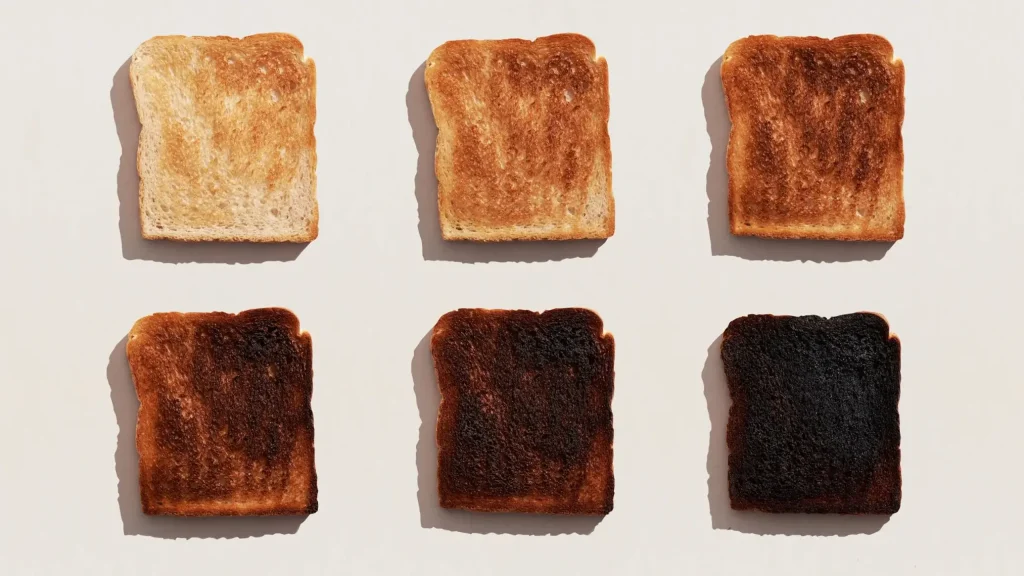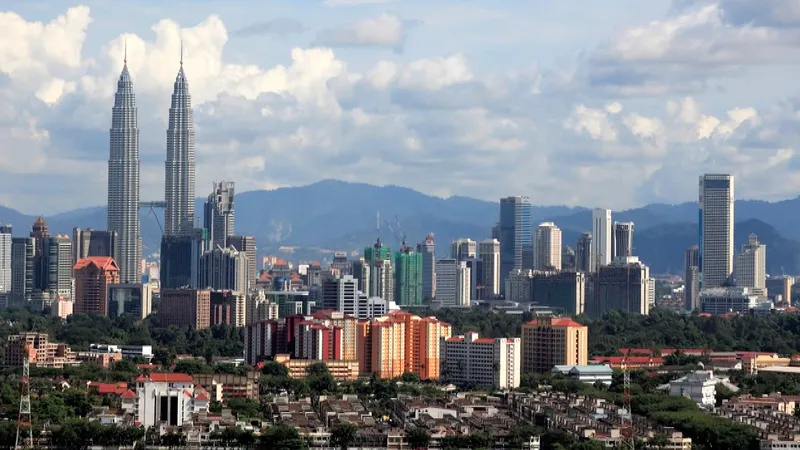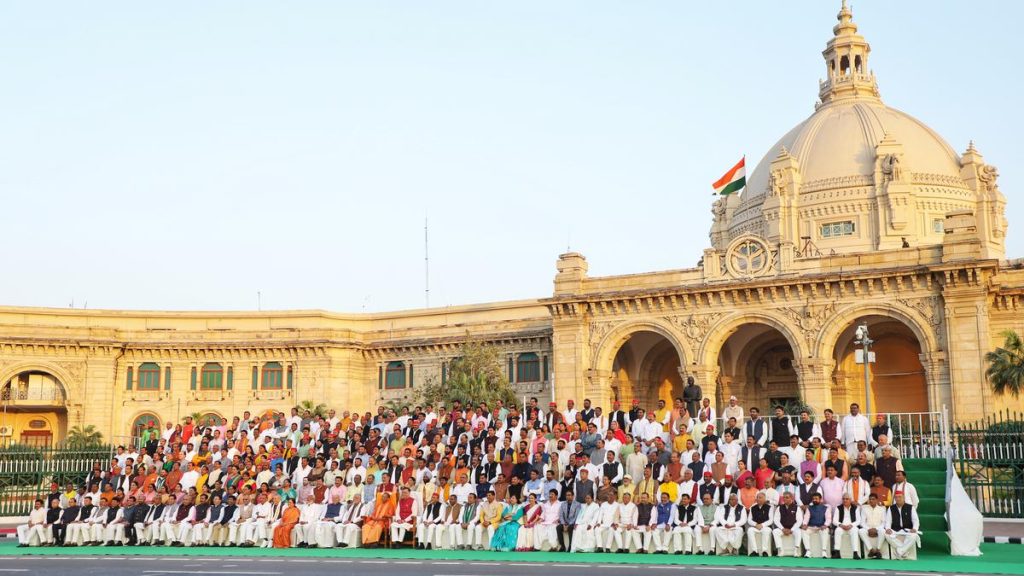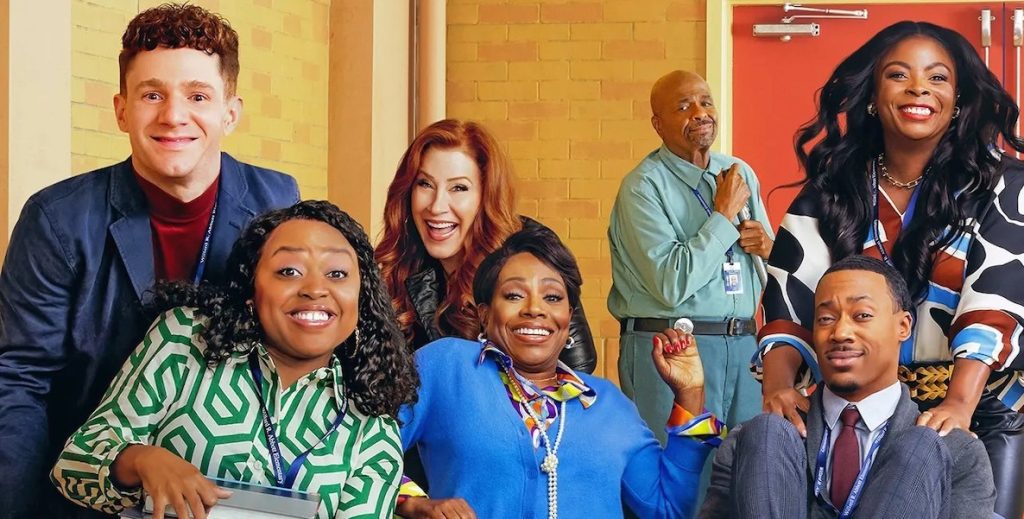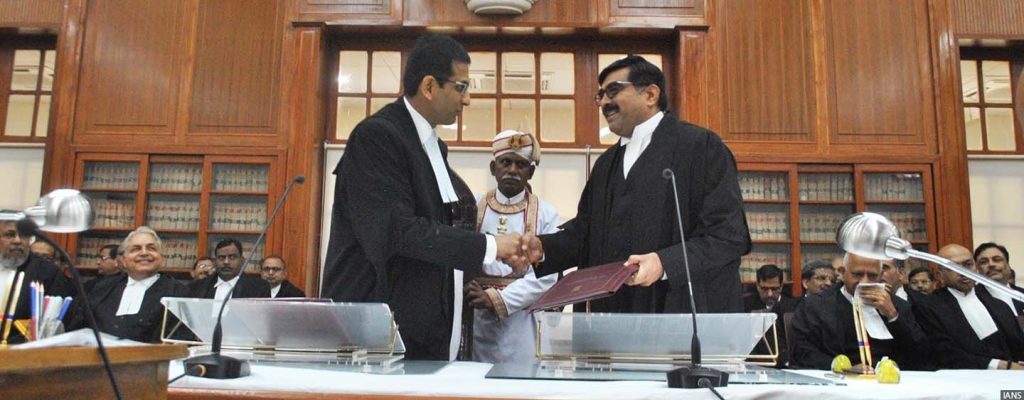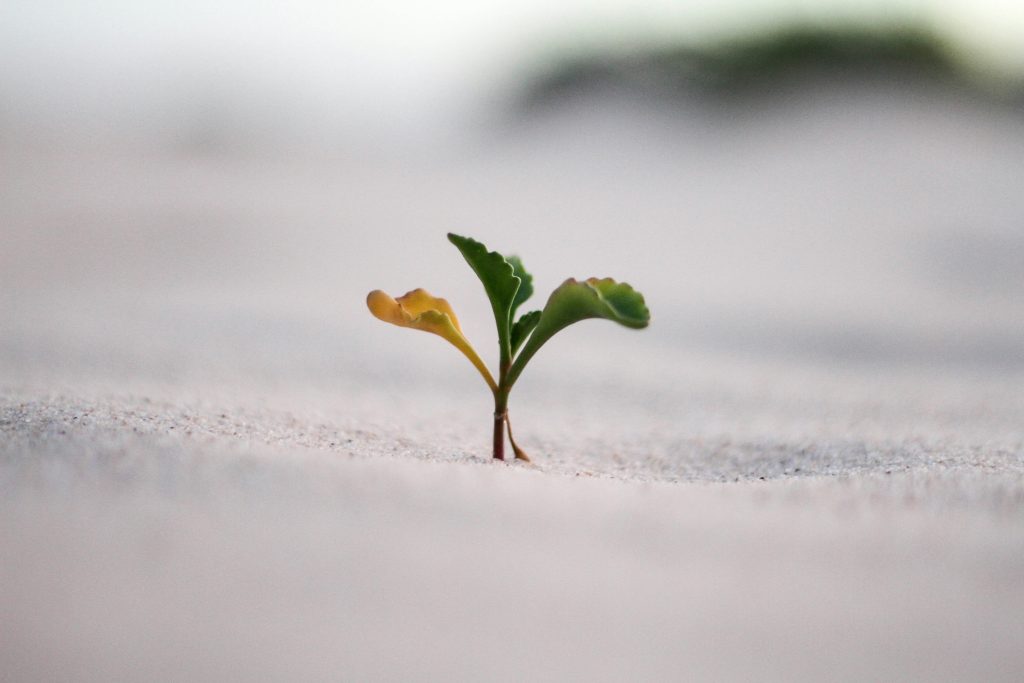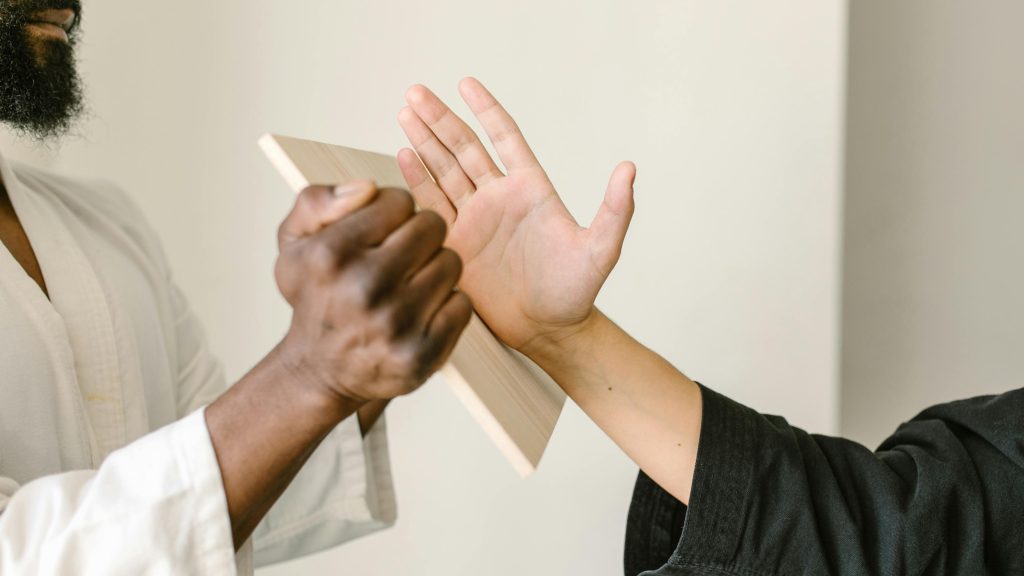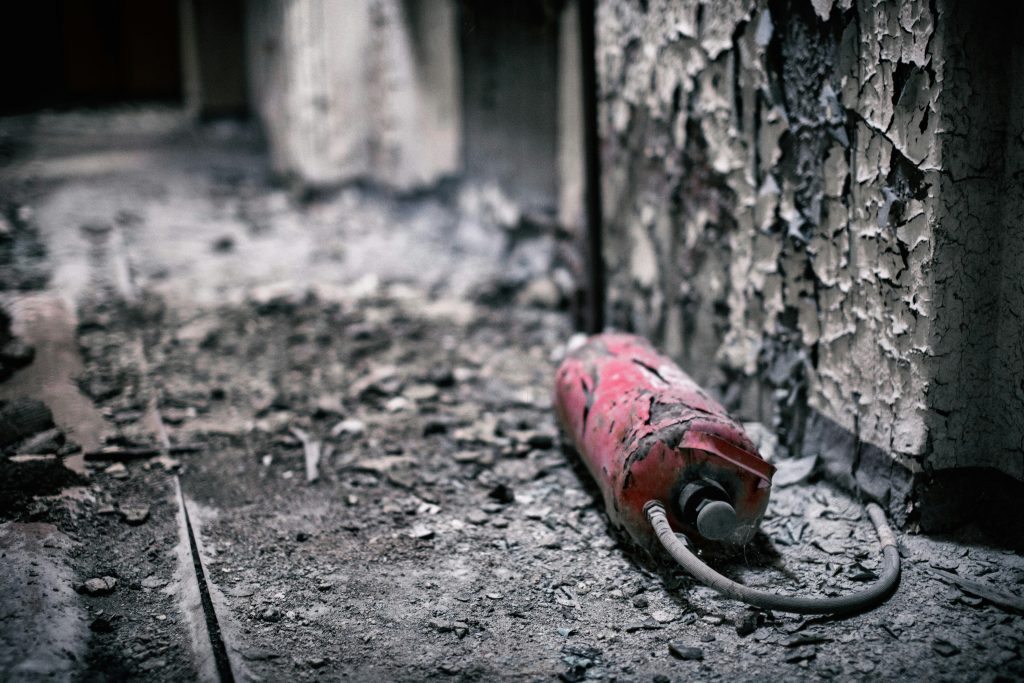
Serein Inclusion Team
3 min read
What we see online often plays a key role in breaking the mould of stereotypes. TV Shows have pushed forth in this domain, be it through the Chess masterpiece in the Queen’s Gambit or the Urdu dramedy in Chudails.
Trust is about confidence in others; psychological safety is about confidence in being yourself. Together, they shape open, resilient teams where people thrive.
Psychological safety is key for an essential workplace. According to Timothy R Clark's work, it is of four types: Inclusion, Learner, Contributer and Challenger safety.
- All
- People and culture
- Domestic violence
- Life at Serein
Coming out is one of life's greatest struggles. What can any workplace do to make it as smooth and welcoming as plausible for both parties involved?
Across Southeast Asia, voices unite to demand safer workplaces. Clear policies, secure reporting and collective resolve drive lasting change and protection for all.
A Men’s Day message drew backlash for excluding voices. Inclusion needs diverse representation, thoughtful language and authentic allyship to be meaningful.
The She-Box portal upgrade strengthens mechanisms for reporting workplace sexual harassment, enhancing safety & accessibility for women across India.
In new-era diverse workforces, there is a need to better comprehend and recognise diverse cultures. Cultural inclusion is the biggest step towards the commencement of this process.
A landmark High Court case involving inappropriate workplace behaviour, testing PoSH Act interpretation & employer liability in challenging scenarios.
Diversity & practicality aren’t opposites; true diversity requires practical systems & mindsets to function effectively & deliver real value for everyone involved.
“Diversity” feels complex & overloaded. It needs a refresh – moving beyond buzzwords to embody genuine belonging, equity & actionable understanding for all.
My fear stemmed from ignorance. Facing the unknown taught me empathy’s power & the vital importance of seeking understanding over judgment. Growth starts here.
Diversity isn’t solely gender. It’s a vast spectrum: race, ability, neurodiversity, age, faith, sexual orientation, socioeconomic background & lived experience.
Women’s workplace growth often involves navigating expectations with grace (“smiling”) while pushing boundaries. Recognition & support fuel true advancement, not just pleasantries.
Women in Indian corporate face a triple barrier: unequal pay, denial of key opportunities, & entrenched stereotypes limiting perceived leadership potential. Systemic change needed.
Silence around domestic violence hurts workplaces too. Recognise signs, offer safe support systems & flexible policies to help survivors heal & retain employment.
India’s Domestic Violence Act protects both parties in live-in relationships. Understanding this legal recognition is crucial for safety & seeking rightful recourse.
Cinema often sensationalises domestic violence. Responsible storytelling should highlight realities, survivor strength & pathways to support, not perpetuate myths.
Gaslighting is psychological abuse making victims doubt their reality. Recognise manipulation tactics, trust your instincts & seek support to break free from this.
Women have the right to protection orders, residence, monetary relief & legal aid under India’s Domestic Violence Act. Knowing these enables survivors to be safe.
Consent & boundaries are key. Domestic violence shatters both. Rebuilding starts with respecting autonomy & recognising coercive control as a violation of rights.
A break doesn’t break your career. With patience, purpose, and a little ‘me time,’ a restart can be a reinvention – on your terms, in your time, with confidence.
Career breaks don’t erase capability. With experience, adaptability, and the right support, women returning to work can lead fast, thrive faster and uplift teams too.


